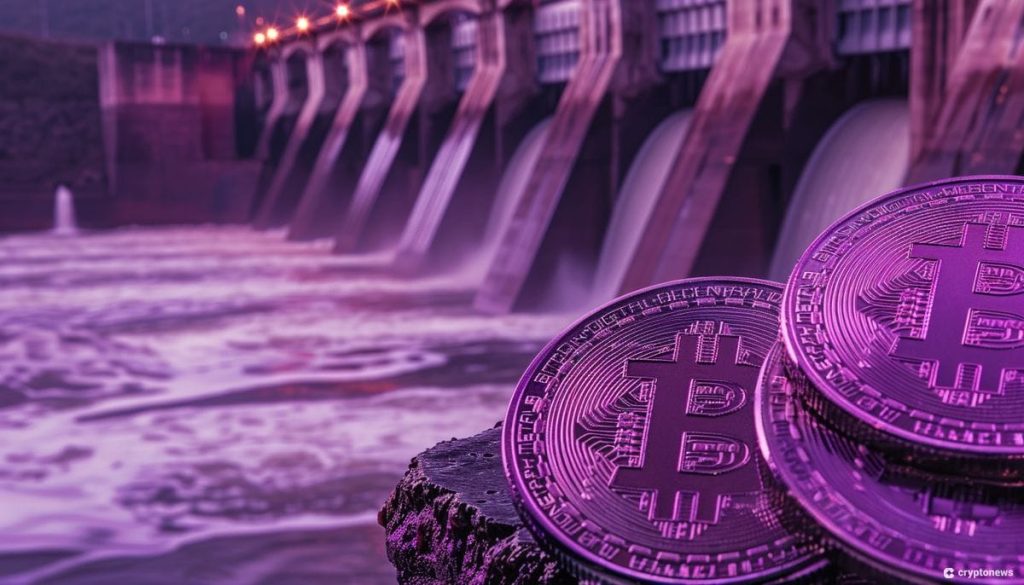The Paraguayan Congress is considering a new bill to regulate Bitcoin mining, proposed by lawmaker María Constancia Benítez. The bill highlights the potential for Bitcoin mining to boost the economic and technological development of Paraguay. This is not the first attempt to regulate the sector, as previous bills have failed to pass. Benítez’s draft law emphasizes the importance of legislating crypto mining to attract foreign investments and generate new jobs, positioning Paraguay as a modernized hub in the region.
The proposed bill includes measures such as anti-money laundering and counter-terrorism funding protocols to bring Bitcoin mining operators into an environment of legal and economic security. It also aims to ensure that miners follow strict environmental regulations by using renewable energy sources. Paraguay, which relies heavily on hydroelectric power plants for its energy needs, has already attracted global mining firms due to its surplus energy during rainy seasons. However, illegal mining operations have caused disruptions to the power grid, leading to police crackdowns and seizures of Bitcoin ASIC miners.
The bill will need to pass the committee stage before it can be voted on by Congress. Despite previous setbacks in regulating the Bitcoin mining sector, lawmakers in Paraguay remain committed to turning the country into a major player in the industry. The potential benefits of regulating Bitcoin mining, such as attracting foreign investments and creating employment opportunities, are seen as essential for the sustained development of the sector. The bill aims to create a regulatory framework that will provide legal and economic security for Bitcoin miners in Paraguay.
The ongoing debate over regulating Bitcoin mining in Paraguay reflects the broader global trend of governments grappling with the implications of cryptocurrency and blockchain technology. As more countries consider regulating or banning Bitcoin mining, Paraguay’s efforts to establish clear rules and guidelines for the industry could position it as a leader in the region. The bill’s focus on anti-money laundering measures and environmental regulations shows a commitment to responsible and sustainable mining practices, aligning with international standards and best practices in the industry.
The potential passing of the bill could have significant implications for the future of Bitcoin mining in Paraguay, attracting more investors and firms to the country. By providing a clear legal framework and promoting responsible mining practices, Paraguay aims to capitalize on the economic and technological opportunities presented by the cryptocurrency industry. With its abundant renewable energy sources and favorable conditions for mining operations, Paraguay is well positioned to become a key player in the global Bitcoin mining sector. If the bill is passed, it could pave the way for further growth and innovation in the country’s crypto mining industry.


